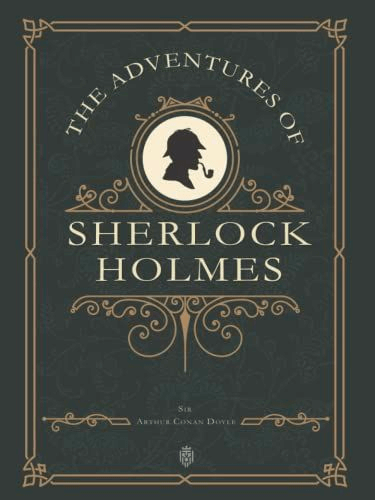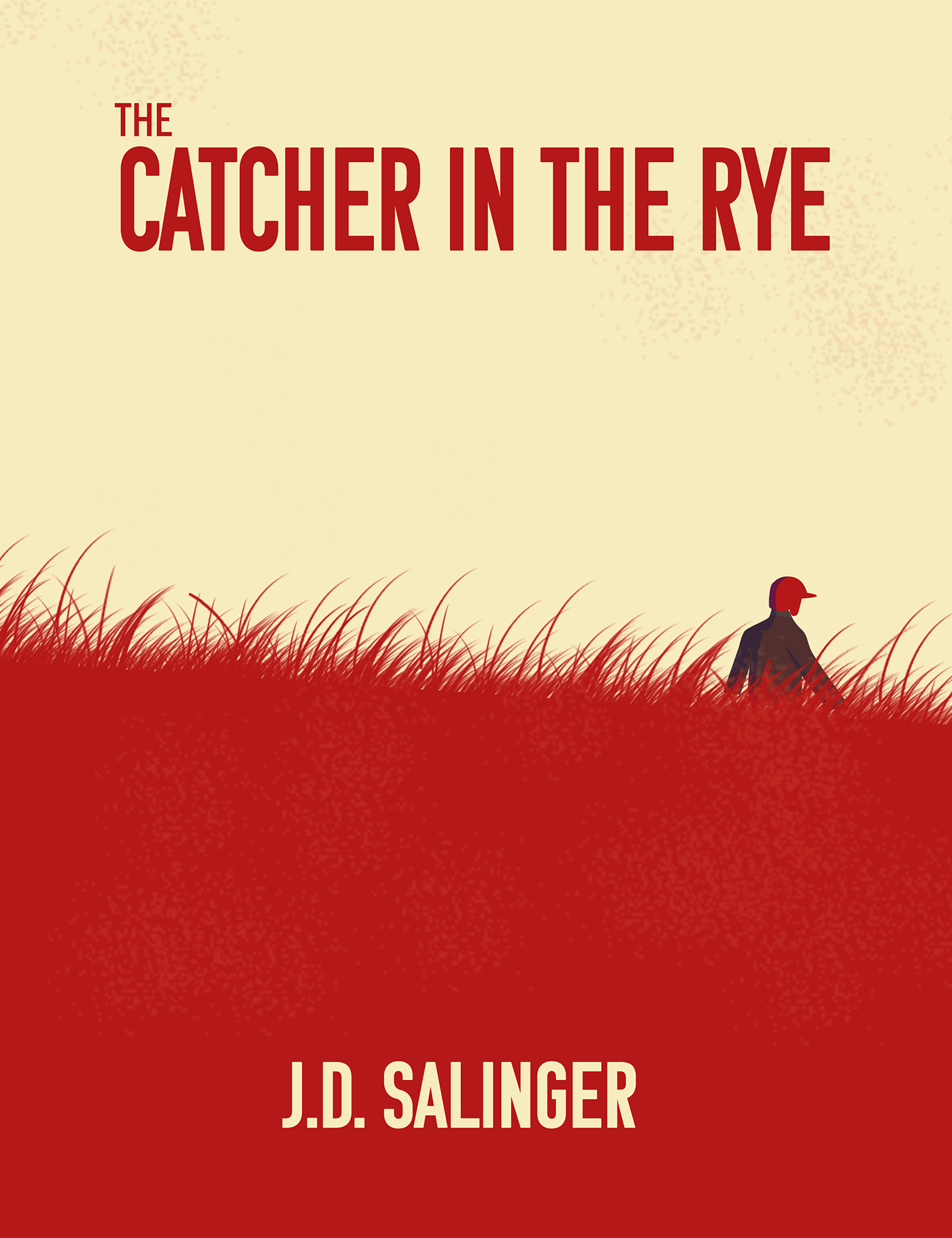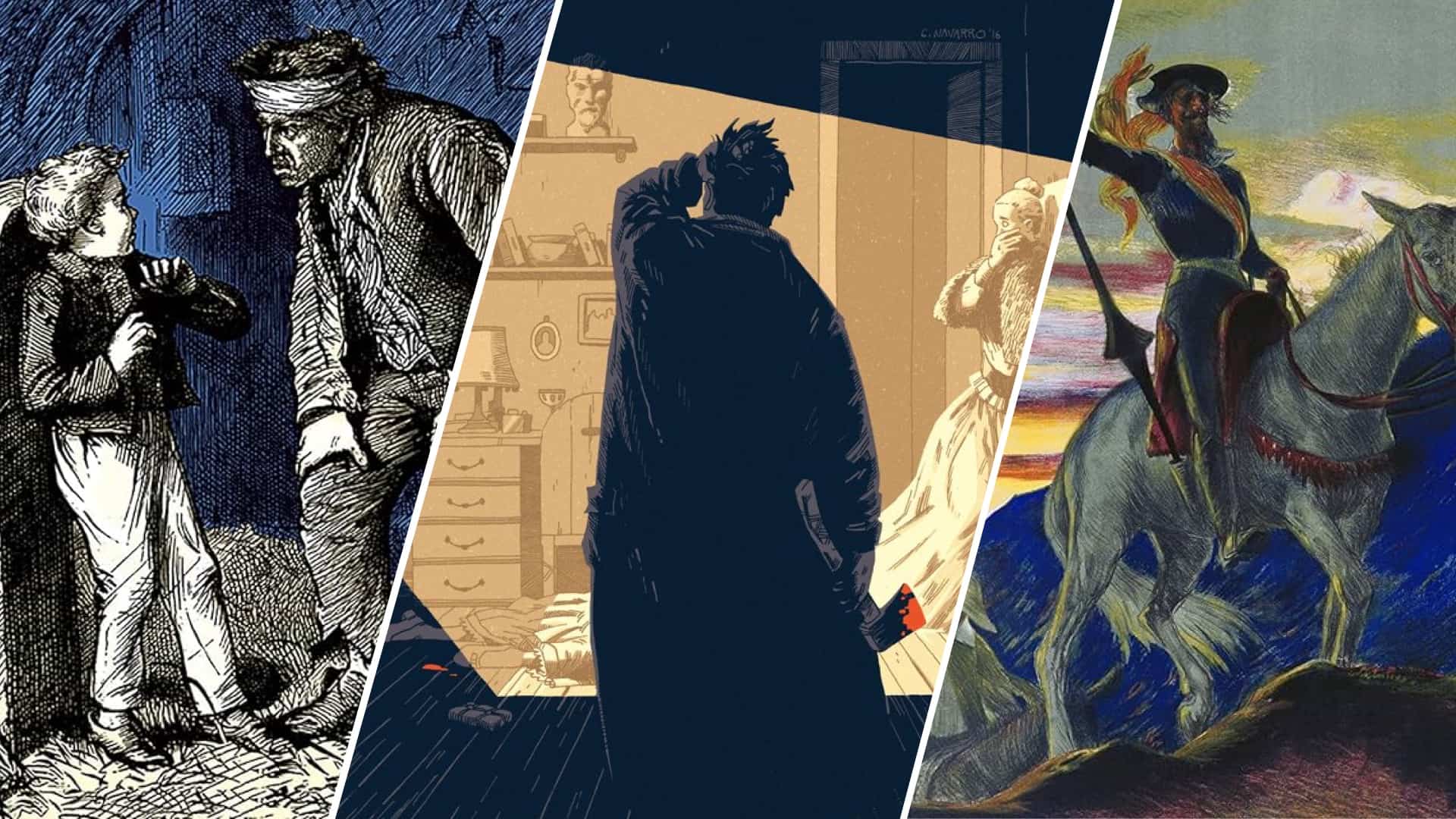The novel, a long-form prose narrative that has captivated readers for centuries, holds a significant place in the realm of literature and culture. As a cornerstone of storytelling, novels transport us to new worlds, introduce us to unforgettable characters, and shed light on the human experience.
In this article, we will delve into the fascinating world of novels, exploring their origins, characteristics, impact on society, and the diverse array of genres and forms they encompass.
What is a Novel in Literature?
First, let’s define novel
Throughout history, novels have evolved in style and structure, reflecting societal values and inspiring change. Before we dive into this, let’s take a look at the novel definition.
NOVEL DEFINITION
What is a novel in literature?
A novel is a lengthy, fictional narrative written in prose, typically focusing on the development of characters, an engaging plot structure, and a coherent theme. As a literary work, it provides readers with a window into the human experience, often exploring the complexities of emotions, relationships, and societal issues. Novels come in various genres and forms, offering diverse perspectives and storytelling techniques that captivate audiences and contribute to the rich tapestry of literature.
Characteristics of a novel:
- Long-form prose narrative
- Well-developed characters
- Engaging plot structure
- Literary themes and messages
What is a Novel in Origin?
History of the Novel
The novel's origins can be traced back to ancient literary works, such as the Greek romance Callirhoe by Chariton and the Latin novel The Golden Ass by Apuleius.
However, it was during the 18th century that the modern novel began to take shape, with the rise of prose narratives in Europe. Early examples include Miguel de Cervantes' Don Quixote (1605) and Daniel Defoe's Robinson Crusoe (1719), which laid the foundation for the novel as a distinct literary form.
Don Quixote, often hailed as the first modern novel, holds significant importance as it revolutionized literature with its profound exploration of human nature and reality, setting a precedent for character development and narrative style in subsequent works.
Why should you read "Don Quixote"? • History of the Novel
Throughout history, numerous novels have left indelible marks on literature and society. Some of these influential works include:
Jane Austen's Pride and Prejudice (1813): A seminal work of romantic fiction that offers keen insights into social norms and human relationships.
Charles Dickens' Great Expectations (1860-1861): A bildungsroman exploring themes of personal growth, class, and social justice.
Fyodor Dostoevsky's Crime and Punishment (1866): A psychological thriller delving into morality, guilt, and redemption.
James Joyce's Ulysses (1922): A groundbreaking modernist novel using stream-of-consciousness technique and innovative narrative structures.
The novel has undergone significant transformations since its inception, reflecting changes in society, culture, and literary techniques. The 19th century saw the rise of the serialized novel, with authors like Dickens and Sir Arthur Conan Doyle captivating readers through episodic storytelling. The 20th century brought experimental and modernist approaches, as seen in works by Virginia Woolf and William Faulkner, pushing the boundaries of narrative structure and style.
In recent decades, the novel has continued to evolve, embracing diverse voices, perspectives, and genres. The rise of digital platforms and self-publishing has further expanded the landscape of novel writing, providing opportunities for new stories and innovative storytelling techniques to flourish.
What is a Novel Defined By?
Characteristics of a Novel
Novels possess distinct features that set them apart from other literary forms, providing readers with immersive and thought-provoking experiences. Let's delve into the key characteristics that define a novel:
Long-form prose narrative
One of the most distinguishing features of a novel is its length. Composed of an extended, continuous text, novels allow for in-depth exploration of characters, plotlines, and themes.
This long-form prose narrative sets novels apart from shorter forms like short stories and novellas, offering readers a more comprehensive and immersive reading experience.
Well-developed characters
At the heart of every novel are its characters. Novels typically feature complex, multi-dimensional characters who undergo growth or change throughout the story. These well-developed characters drive the plot, engage readers emotionally, and often serve as vehicles for exploring various aspects of the human experience.
For example, in Albert Camus' The Stranger, the protagonist Meursault is a well-developed character whose existentialist perspective, emotional detachment, and indifference towards societal norms offer a profound exploration of absurdism and the human condition.
The Stranger • Albert Camus
Engaging plot structure
The events of a novel are arranged in a coherent and purposeful manner, creating an engaging narrative arc. Most novels incorporate elements such as exposition, rising action, climax, falling action, and resolution, which work together to keep readers invested in the story. The plot structure not only entertains but also helps convey the novel's themes and messages effectively.
Literary themes and messages
Novels often explore underlying themes and messages that provide insight into emotions, relationships, society, and the world at large.
These themes can range from love and friendship to social issues and moral dilemmas, allowing authors to express their perspectives and engage readers in thought-provoking discussions. Through skillful storytelling, novels have the power to illuminate the complexities of the human experience and leave lasting impressions on readers.
Related Posts
Novel Meaning and Types
Types of Novels
Novels come in a wide array of genres and forms, offering readers diverse storytelling experiences that cater to different tastes and interests. In this section, we will explore types of novels in literature, some of the most popular literary genres, as well as various forms and structures that novels can take.
Literary genres
Literary genres are categories that classify literature based on shared themes, styles, and narrative elements. Literary genres not only provide a framework for authors to express their creativity but also help readers navigate the vast landscape of literature to find stories that resonate with them. Let’s explore literary genres.
Romance: This genre focuses on the development of romantic relationships between characters, often exploring themes of love, passion, and commitment. Examples include Jane Austen's Pride and Prejudice and Nicholas Sparks' The Notebook.
Mystery: Mystery novels revolve around the solving of a puzzle or crime, typically involving a detective or amateur sleuth who uncovers hidden clues and motives. Famous examples include Sir Arthur Conan Doyle's Sherlock Holmes series and Agatha Christie's Hercule Poirot stories.

Sherlock Holmes • Example of Novel
Historical Fiction: This genre transports readers to the past, blending fictional characters and events with real historical settings and figures. Examples include Hilary Mantel's Wolf Hall and Ken Follett's The Pillars of the Earth.
Fantasy: Fantasy novels create imaginative worlds filled with magic, mythical creatures, and fantastical elements. Well-known works include J.R.R. Tolkien's The Lord of the Rings and George R.R. Martin's A Song of Ice and Fire series.
Forms and structures
Forms and structures in literature refer to the distinct narrative techniques and styles used to tell a story. These elements shape the way readers experience a narrative, offering innovative approaches to storytelling and adding depth to characters, plots, and themes.
Epistolary: Epistolary novels are written in the form of letters, diary entries, or other documents, allowing readers to experience the story through the characters' personal perspectives. Examples include Samuel Richardson's Pamela and Bram Stoker's Dracula.
Bildungsroman: This form, also known as a coming-of-age novel, follows the emotional and psychological development of a young protagonist as they navigate the challenges of life. Classic examples include Charles Dickens' Great Expectations and J.D. Salinger's The Catcher in the Rye.

Catcher in the Rye • Example of Novel
Picaresque: Picaresque novels center around a roguish, lower-class protagonist who embarks on a series of episodic adventures, often satirizing social norms and institutions. Notable works include Miguel de Cervantes' Don Quixote and Mark Twain's The Adventures of Huckleberry Finn.
Stream of consciousness: This narrative technique captures the continuous flow of a character's thoughts and feelings, often eschewing conventional grammar and punctuation. Prominent examples include James Joyce's Ulysses and Virginia Woolf's Mrs. Dalloway.
Related Posts
What is a Novel in Literature?
Impact of Novels on Society
Novels have played a significant role in shaping society and culture throughout history, influencing public opinion, challenging norms, and inspiring change. In this section, we will explore the various ways novels have impacted our world:
Promoting empathy and understanding
By presenting readers with diverse perspectives and experiences, novels foster empathy and understanding for people from different walks of life. Through well-developed characters and immersive storytelling, novels allow readers to step into the shoes of others, breaking down barriers and promoting compassion.
How literature can help us develop empathy • Beth Ann Fennelly
Challenging social norms and sparking debate
Many novels have stirred controversy by addressing taboo subjects or questioning societal norms. Works such as Harriet Beecher Stowe's Uncle Tom's Cabin and George Orwell's 1984 have challenged prevailing beliefs and sparked important conversations, ultimately contributing to social and political change.
Inspiring creativity and innovation
From science fiction's imaginative technologies to fantasy's magical realms, novels have inspired countless innovations and creative endeavors. By pushing the boundaries of imagination, novels encourage readers to think beyond the confines of reality and envision new possibilities.
Preserving and reflecting cultural identity
Novels often capture the essence of a particular time and place, preserving the cultural identity of a society for future generations. From regional dialects to historical events, novels serve as windows into the past, offering valuable insights into the lives and customs of different cultures.
Influencing language and communication
The language used in novels can shape and enrich our vocabulary, introducing new words and phrases that become part of everyday conversation. Additionally, literary techniques and styles pioneered by novelists often influence other forms of communication, such as television, journalism, and film adaptations.
This video by Now You See It analyzes the relationship between novels and film and the differences between the two.
Film vs Novels
Novels hold immense power in their ability to shape society, culture, and our understanding of the world. By offering diverse perspectives and challenging norms, they promote empathy, spark debate, and inspire creativity.
As windows into different cultures and eras, novels preserve and reflect cultural identity while also enriching language and communication. Ultimately, the impact of novels on our lives is both profound and far-reaching, highlighting the enduring importance of literature in human experience.
What Are Novels Today?
The Modern Novel
As literature continues to evolve, the modern novel has emerged with distinct features that set it apart from its predecessors. In this section, we will discuss the innovations in storytelling and style, the increasing diversity in voices and perspectives, and the role of technology and digital platforms in shaping the contemporary literary landscape.
Innovations in storytelling and style
The modern novel has witnessed a surge in experimental narrative techniques and unconventional styles. Authors are pushing the boundaries of traditional storytelling by utilizing nonlinear timelines, multiple narrators, and innovative formats such as epistolary or mixed media. These creative approaches offer readers fresh and engaging experiences, redefining our understanding of what a novel can be.
Diversity in voices and perspectives
In recent years, there has been a growing emphasis on amplifying diverse voices and perspectives within the literary world. The modern novel showcases stories from underrepresented communities, addressing themes related to race, gender, sexuality, and socio-economic backgrounds.
This shift towards inclusivity enriches our collective understanding of the human experience and fosters empathy for those whose stories have been historically marginalized.
The role of technology and digital platforms
Technology and digital platforms have had a significant impact on the modern novel, revolutionizing the way we consume and share literature.
E-books, audiobooks, and online publishing platforms have made novels more accessible, while social media and book clubs have created vibrant literary communities that connect readers and authors across the globe.
The evolution of the book • Julie Dreyfuss
The enduring appeal of novels lies in their ability to adapt and evolve with the changing times, reflecting the diverse nature of human experiences. From classic literary masterpieces to innovative modern narratives, novels continue to captivate readers by pushing the boundaries of storytelling, embracing diverse voices, and harnessing the power of technology.
As we delve deeper into the characteristics and unique aspects of this beloved literary form, we gain a greater appreciation for the profound impact novels have on our lives, culture, and society, enriching our understanding of the world around us.
Related Posts
Up Next
What is Prose?
Now that we have explored the world of novels and their impact on society, it's time to delve deeper into the fundamental building block of these literary works: prose. In the following article, we will examine the characteristics and various forms of this essential writing style.
